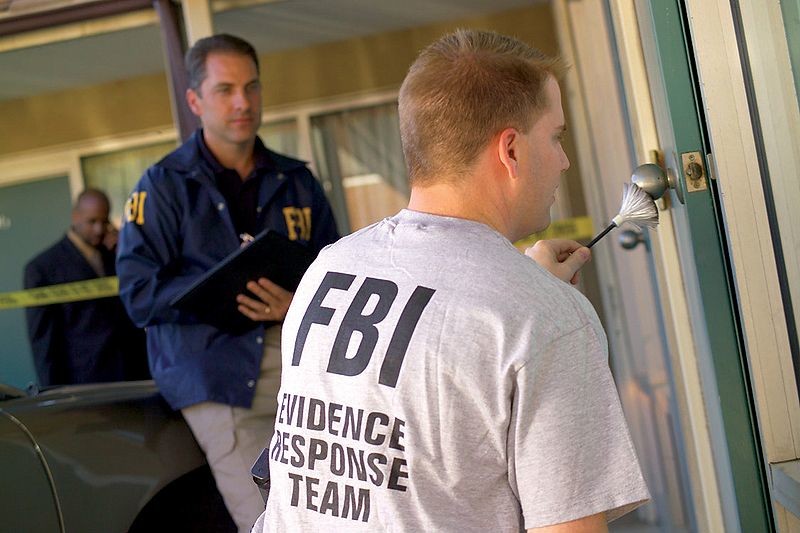So a big DNA database like this makes it much more likely to catch a criminal or a terrorist. If this prevents another horrific terrorist attack, it just may be worth the loss of privacy.
The Bad
Of course there are good reasons people are uncomfortable with this sort of database. DNA can be much more than an identifier. If scientists look more deeply, they can tell a lot from a person’s DNA.
To try to allay these fears, the government could just take a brief look at the DNA, collect only the data they need to use it as an identifier, and then destroy the DNA sample. If they were to do this, in many ways it wouldn’t be that different from a fingerprint or a social security number. They would gain no information about health status, national origin, or other traits that could be gleaned from a deeper read.
But even if this were all they were to do, DNA is still more than a social security number. For example, you can trace relationships within families using these DNA results. This means it would be pretty easy for the government to identify the estimated 0.5 to 1 percent of men who are raising someone else’s children.
This information could create some very uncomfortable or even dangerous situations. The government would have to be very careful about what it does with such data. Heck, they might even be able to tell who the real father is from the database making things even stickier.
Another way DNA is different is that a fingerprint or a social security number can’t be traced back to your children. The same is not true for DNA. Even if this is all the DNA testing the government does, in 20 years they might be able to identify the children of the people tested, as was done in a murder case back in 2003 in England. (Well, actually that was a nephew but the same sorts of rules apply.)
So even if the government looks at just the few markers the FBI looks at and then destroys the DNA samples, there can still be unintended consequences. Even this bit of DNA contains more information than just identification. And of course the consequences could be much more dire if they hold on to the DNA samples or probe it more deeply.
And The Ugly
Abuse is always possible for any database but it can be particularly bad with DNA. Authorities could discriminate based on health status, national origin, etc. They could blackmail people with any untoward information they find. They could use the DNA to round up people and/or their relatives who participate in unsanctioned activities. And probably lots of other things I haven’t thought of.
So a DNA database of every person living in a country has some huge potential downsides and some big potential upsides. Like any other database, its danger depends on what the government does with the data it collects and how well it protects it.
For example, one could imagine that the NSA could use those phone call records they collect to blackmail a man having an affair or tell who is calling a doctor more often than their insurance company might think. This information could be potentially as damaging as any DNA information.
But one of the key differences between DNA and phone records is the permanence of DNA. It will be with you for your whole life and even your children’s lives.
“Fun” facts: The FBI database contains over 11 million offender DNA profiles, the U.K. over 6 million, and the Kuwait DNA database will have a bit more than 4 million. Because of Prop 69, as of the end of 2014, the California database had over 2 million DNA profiles.


